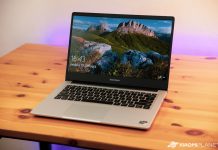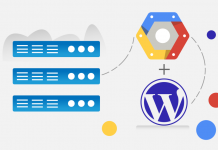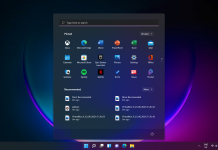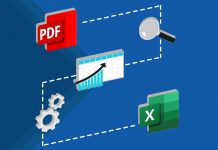Top Tips For Maintaining Your PC’s Hardware
Available in various colors and sizes, today’s computers make use of the latest features and functions to keep us connected to the virtual world at any given moment in time. Whether it’s to look up college basketball picks for some fun or to get down to some serious work, PCs have become a part of our daily lives.
With so much reliance on them, it’s equally as important that you keep your PC in good condition. Taking care of your computer’s external body is pretty straightforward to do; however, not enough information really goes around regarding how to go about maintaining a PC’s hardware. So, for practical tips on how you can do this, you can keep reading for more.
Your Top Tips
In addition to just looking at cosmetic appeal, operational functionality is also important. By making a habit of taking care of both, you’ll find your PC looking good, lasting longer, and performing more reliably. By not taking care of your PC’s hardware, you risk exposing yourself to a glitchy operating system, a fast-draining battery, and an overheating CPU. While many PC users assume that such issues are inevitable with time, you can actually avoid these with regular maintenance.
Use Padding
Skins, hardshell snap-on covers, sleeves, and messenger bags are all padding styles that you can use to protect your PC from accidents. While these are mainly to protect the device’s exterior, these external mistakes can easily affect your computer’s hardware in the case of a serious accident. So, like bettors that make use of college basketball predictions to avoid making misinformed decisions on their bets, you can do the same by using padding to safeguard your PC.
Always Update Your Operating System
The most basic way to maintain your computer’s hardware is by keeping your operating system up to date. It’s an easy and practical solution that any PC owner can use regardless of the operating system that you’re using. In addition to taking care of your hardware, these regular updates also do well in ensuring that you’re constantly receiving cutting-edge performance power, which can be just as beneficial as using college basketball picks today for bets.
Avoid Overcharging
These days, there’s a heightened dependence on wireless devices, and this means that optimizing battery power remains a top priority for many PC owners. To avoid eventually draining your battery, avoid the temptation to charge your PC each time you see it drop below 50%. With time, unnecessary charging leads to overcharging, and this then results in regenerative capability deterioration that damages your hardware.
Remove Junk Files And Programs You Don’t Use
Computers tend to age quicker when you have several unsaved files living on the hard drive. Programs and files that are no longer of use to you take up unnecessary space, and by keeping old software versions around, you risk exposing your PC to digital debris. This is because old programs and files are quick to become performance hogs when they accumulate.
Before allowing your PC to get to a point of notifying you to get more storage space, you can use the following tips to relieve your system:
- Remove cache data from offline web pages
- Uninstall trialware
- Always delete your temporary files
- Make a habit of running your disk cleanup software
- Empty your recycle bin as often as possible
Have Regular Antivirus Scans
Your computer is never immune to malware attacks, and to prevent such an event, you need to have a savvy antivirus installed on your PC. This will protect your computer’s hardware from the damage that malware and viruses bring. By running a weekly antivirus scan, you can ensure that your computer is always clear of any infections from malicious software. For regular PC users, perhaps it would be best to run a virus scan twice a week. In addition to compromising your computer’s performance and exposing your confidential information to cybercriminals, viruses also put you at risk of:
- Allowing unauthorized access to your system’s resources
- Slowing speeds on your web browser
- Altering your computer settings
- Freezing or crashing your system
- Disrupting your network connections
Additional Measures
In addition to what’s mentioned above, you can also maintain your computer’s hardware by:
- Constantly updating your passwords
- Organizing your data
- Backing up your data







































